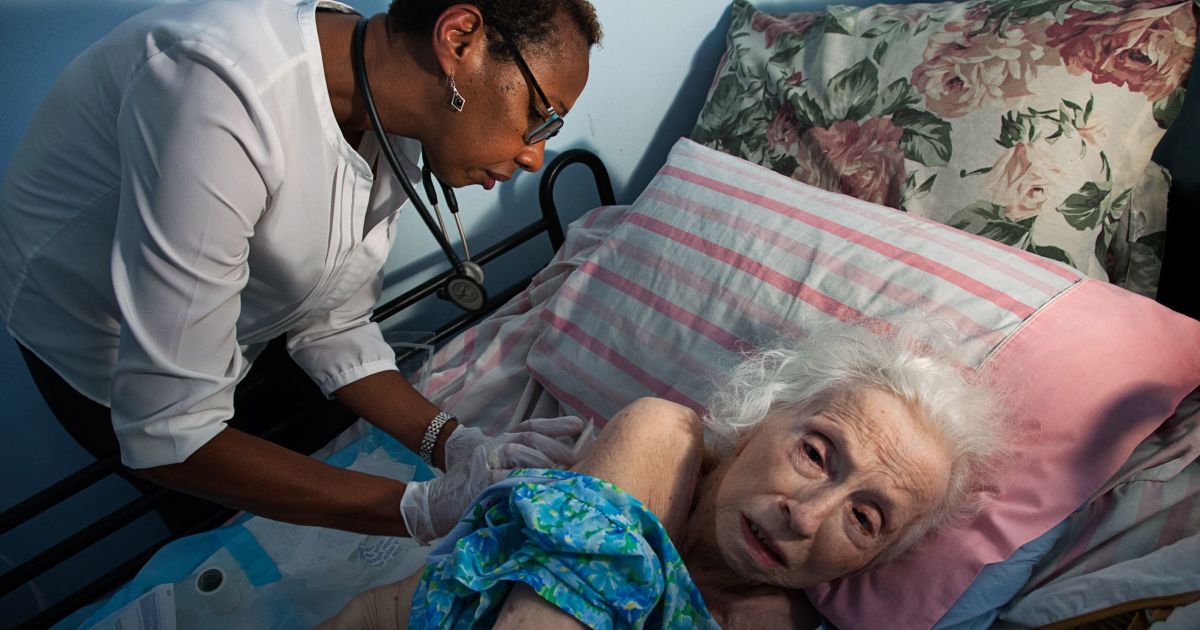Meet Heather Meyerend, a hospice nurse who works in South Brooklyn. As such, Heather addresses people’s physical, emotional, psychological and spritual needs when they are most vulnerable.
She sees her work as preparing a patient for the voyage he is about to take, and accompanying him partway down the road. She, like most hospice workers, feels that it is a privilege to spend time with the dying, to be allowed into a person’s life and a family’s life when they are at their rawest and most vulnerable, and when they most need help. Some hospice workers believe that working with the dying is the closest you can get on earth to the presence of God.
Click here to continue reading.


